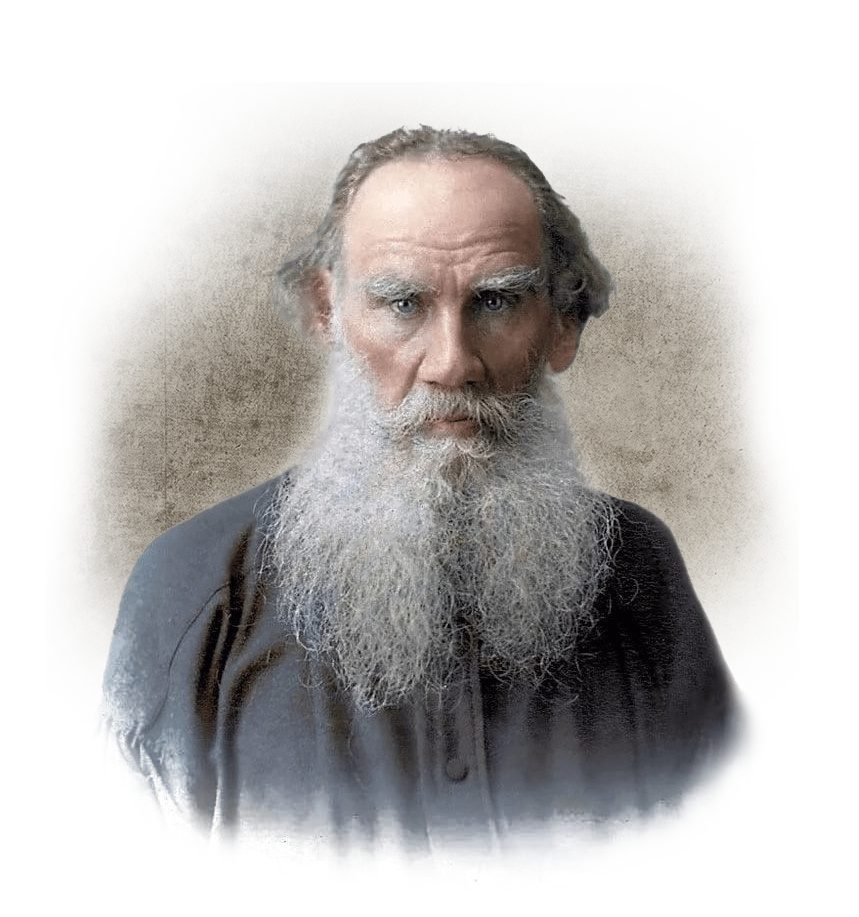Articles
-
Tolstoy on Screen: The Cinematic Legacy of Leo Tolstoy’s Literary Masterpieces
17.10.2023
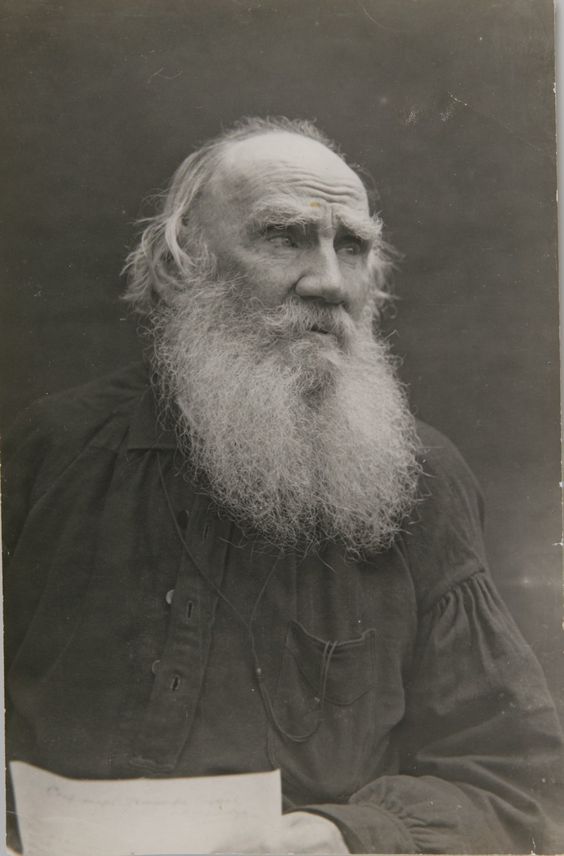
Leo Tolstoy’s monumental literary works have transcended the pages of his novels to inspire generations of filmmakers, resulting in some of the most iconic and critically acclaimed movies in the history of cinema. The richness of Tolstoy’s characters, coupled with his profound exploration of human nature and society, provides filmmakers with a compelling canvas upon which to craft visually stunning and emotionally resonant films. Here, we delve into the enduring cinematic legacy of Tolstoy’s masterpieces, exploring the movies that have brought his timeless narratives to life on the big screen.
Read more -
Iconic Characters in Leo Tolstoy’s Literary Universe
17.10.2023
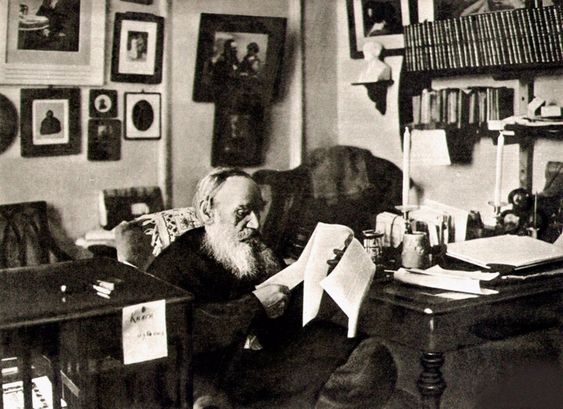
Leo Tolstoy, one of the greatest novelists in literary history, had a remarkable ability to breathe life into his characters, making them unforgettable and profoundly relatable. Across his extensive body of work, several characters have stood the test of time, becoming icons of literature and embodying universal human experiences.
Read more -
Leo Tolstoy’s Complex Family Dynamics: A Closer Look
17.10.2023
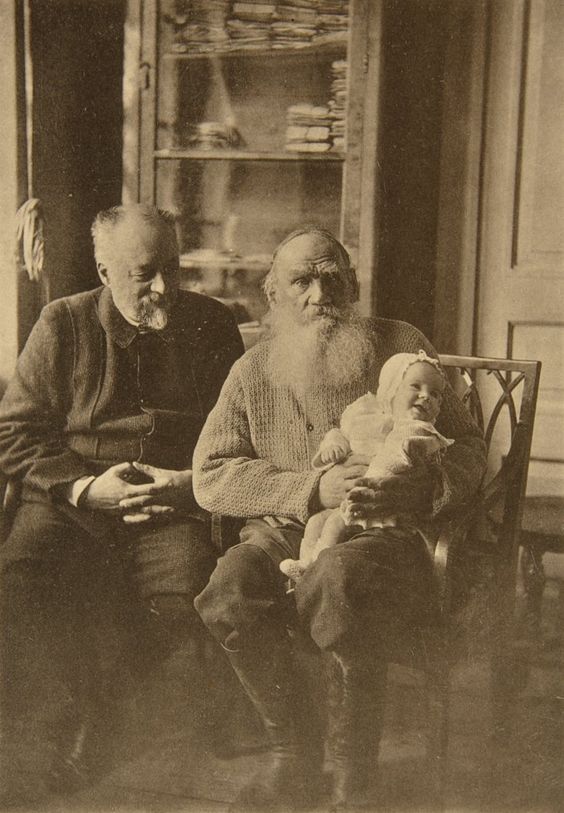
Leo Tolstoy, the renowned Russian author, was not only a masterful storyteller but also a man entangled in complex family relationships. His interactions with his family members, particularly his wife Sophia and their children, were as intricate and multifaceted as the characters he created in his novels.
Read more -
Leo Tolstoy: Life Events that Shaped his Literary Journey
17.10.2023
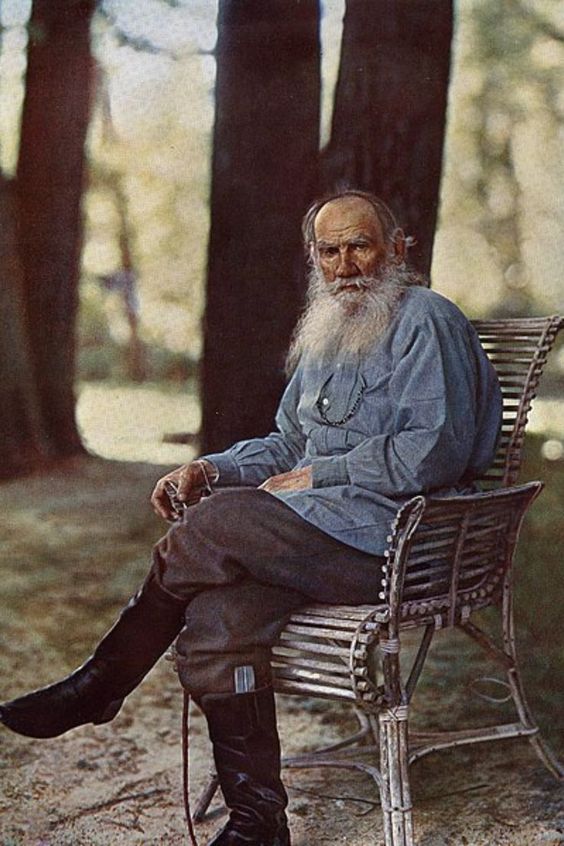
Leo Tolstoy, one of the most celebrated authors in world literature, was not just a keen observer of human nature but also a product of his time and experiences. Several pivotal events in Tolstoy’s life significantly shaped his literary journey, enriching his works with depth, complexity, and timeless relevance.
Read more -
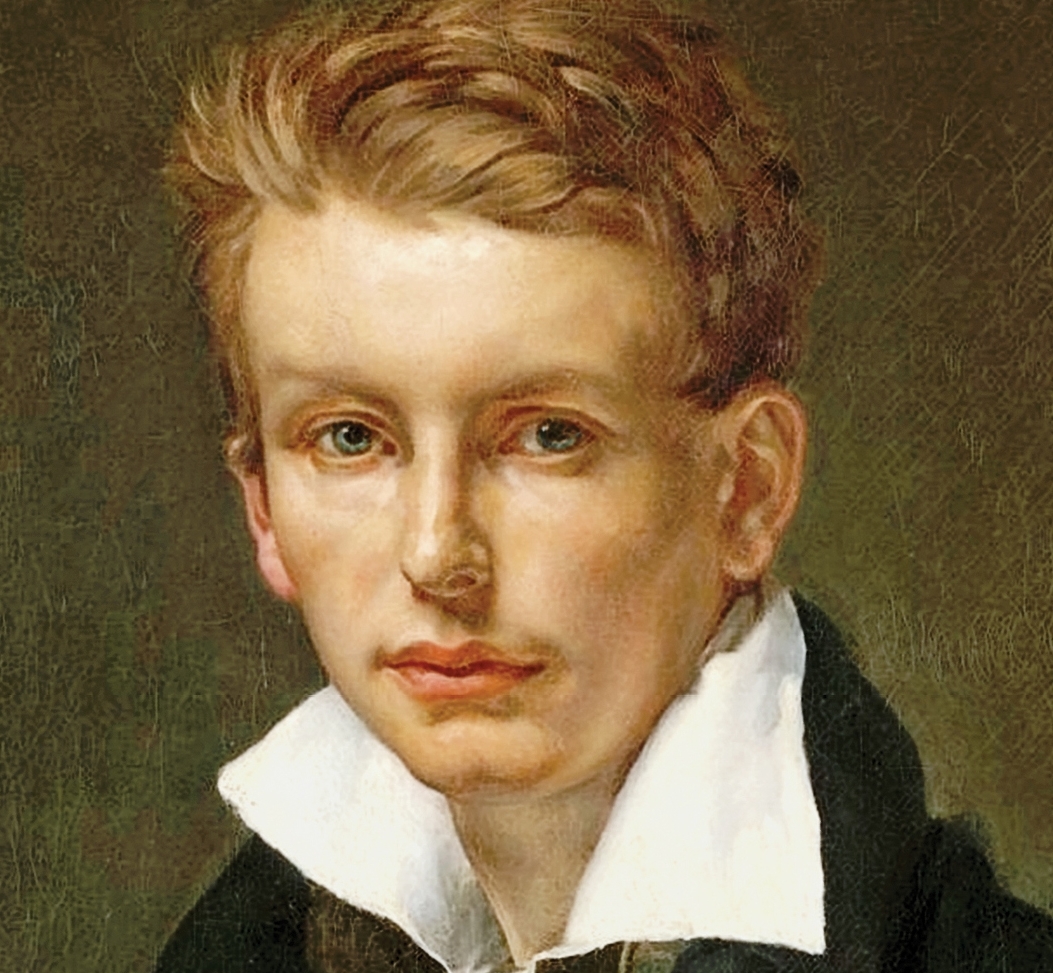 A summary of Tolstoy’s «Youth»
A summary of Tolstoy’s «Youth»24.12.2022
The novel «Youth» by Tolstoy, written in 1857, was the conclusion of Leo Tolstoy’s famous trilogy (Childhood, Boyhood, Youth). The book describes the student years of the main character and his inner circle. The story is autobiographical and belongs to the «critical realism» trend. The work describes growing up and becoming a person.
Read more -
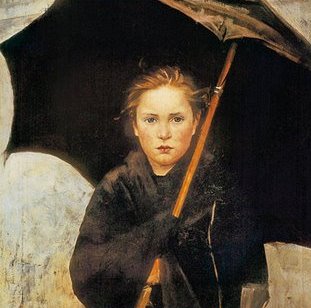 Analysis of Tolstoy’s novel «Resurrection»
Analysis of Tolstoy’s novel «Resurrection»24.12.2022
«Resurrection» is the last novel by Leo Tolstoy, written by him in 1889-1899. A social panorama of Russian life in the late 19th century, from the upper to the lower classes: the novel features aristocrats, St Petersburg officials, peasants, convicts, revolutionaries and political prisoners.
Read more -
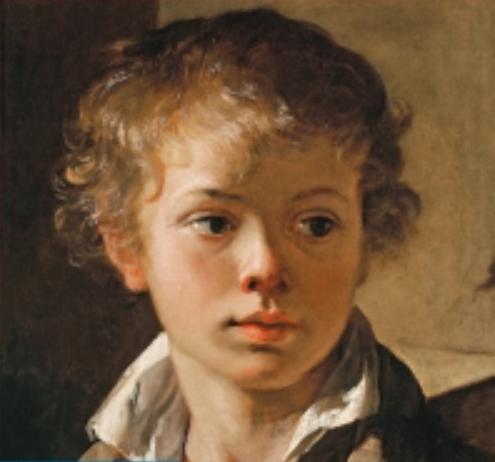 Characters and quotations from Leo Tolstoy’s «Boyhood»
Characters and quotations from Leo Tolstoy’s «Boyhood»24.12.2022
«Boyhood» is the second story in Leo Tolstoy’s pseudo-autobiographical trilogy, first published in 1854 in the journal Sovremennik. This book describes events in the life of a teenager during adolescence: the first betrayal, the change of moral values, etc.
Read more -
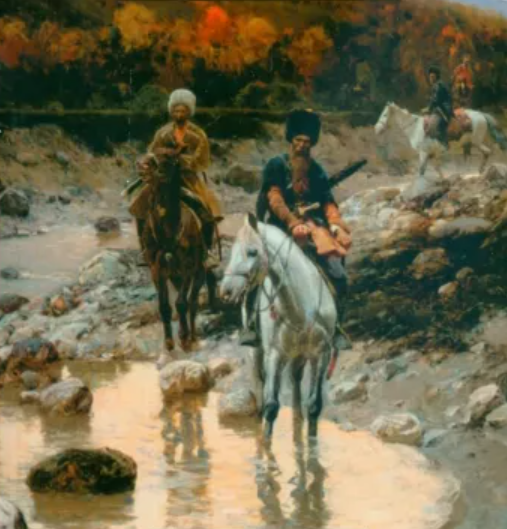 Creation history and plot of Tolstoy’s story «The Cossacks»
Creation history and plot of Tolstoy’s story «The Cossacks»24.12.2022
«The Cossacks» is a novella by Leo Tolstoy published in 1863 about the stay of a cadet in a village of Greben Cossacks.
Read more -
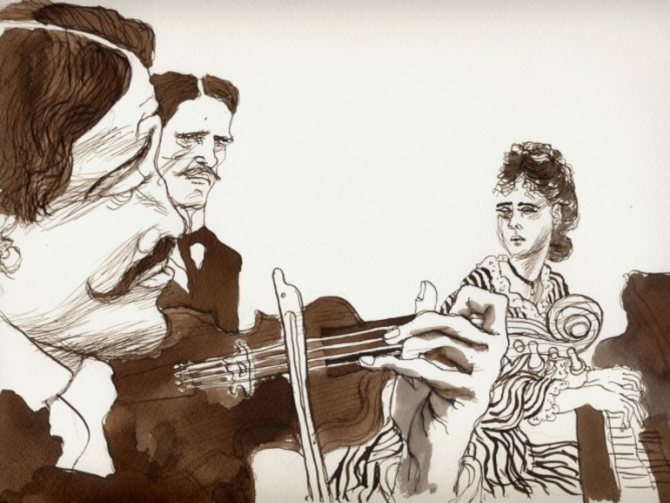 Reaction of the time to Tolstoy’s story «Kreutzer’s Sonata»
Reaction of the time to Tolstoy’s story «Kreutzer’s Sonata»24.12.2022
«Kreutzer Sonata» is a novella by Leo Tolstoy, published in 1890 and immediately censored by the tsarist authorities. The book proclaims the ideal of abstinence and describes in first person the rage of jealousy. The story is named after Ludwig van Beethoven’s Sonata No 9 for Violin and Piano, dedicated to the French violinist Rodolphe Kreutzer.
Read more -
 Analysis of Tolstoy’s essay «What is art?»
Analysis of Tolstoy’s essay «What is art?»24.12.2022
«What is Art?» (1897) is an essay by Leo Tolstoy in which he argues against numerous aesthetic theories that define art in terms of a theory of relation, truth, and especially beauty. According to Tolstoy, art at the time was corrupt and decadent, and artists were misled.
Read more
